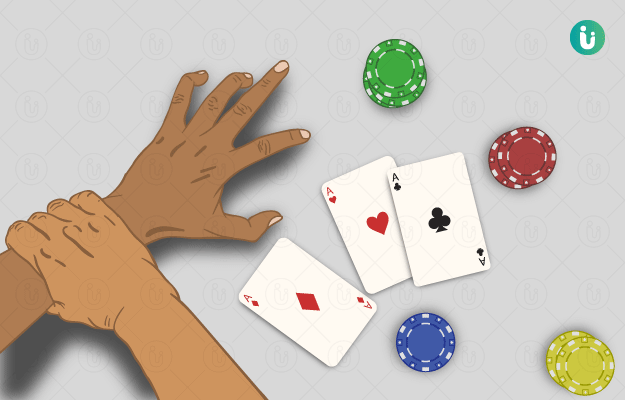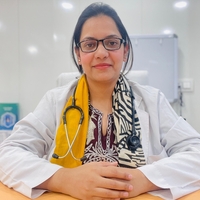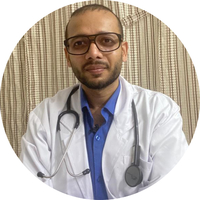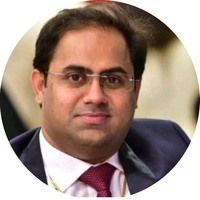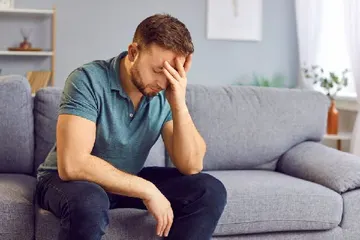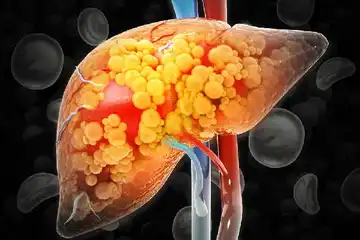It is estimated that only one in ten people with gambling addiction seek treatment. Most people have a hard time acknowledging that they might have a problem – which is a major step toward treatment. It is important to entirely quit gambling.
Like other addictions, a combination of therapy, medications and support groups provides a well-rounded approach to recovering from gambling addiction.
In terms of therapy, there are several approaches such as cognitive behaviour therapy (CBT), family therapy, group therapy, individual therapy, psychodynamic therapy, etc. In CBT, the person and therapist work together to identify patterns of thinking and behaviour, risks and triggering situations leading to gambling addiction and learn coping skills to avoid a relapse.
There are no specific medications for treating gambling addiction. However, depending on the causative factors and other health conditions, the doctor may prescribe medications to address co-morbidities. Mood stabilisers and antidepressants could help reduce symptoms. Further, narcotic antagonists which are used to treat drug addictions may also help.
Support groups such as Alcoholics Anonymous and Gamblers Anonymous provide peer support to help stop gambling addiction.
Depending on the person’s needs and resources, treatment for gambling addiction could involve the following programs:
- Outpatient rehabilitation program: the person attends classes at a centre in a group setting or in one-on-one sessions. The person continues to live in their residence and continues on with their life.
- In-patient / residential rehabilitation program: this is more relevant for people who need a structure provided by a treatment centre and who find themselves unable to stop visiting platforms/venues for gambling without help. The person is required to stay in the facility for a certain period of time, which could range from 30 days to a year.
- Twelve-step programs: Gamblers Anonymous or other 12-step programmes may also help a person tide over their gambling addiction. It follows a similar model as Alcoholics Anonymous, helping the person connect with a support network of other recovering gambling addicts. Group meetings may be held one or more times on a weekly basis.
While undergoing the treatment, the person may be required to entrust their financial responsibilities to their partner or a trusted friend. The person will also need to avoid situations and places that incite the urge for gambling.
Treating a gambling addiction would also need to address other aspects of the person’s life such as any legal problems and education. Family members of a gambling addict also need to be counselled to learn how best they can support in the recovery process.

 Doctors for Gambling Addiction
Doctors for Gambling Addiction 
